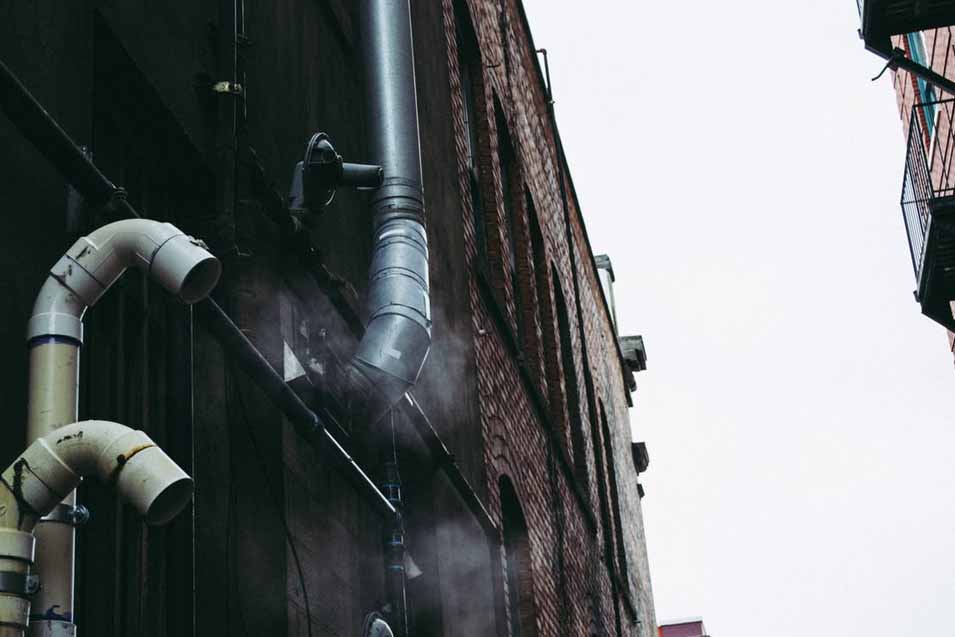
If you’re looking to buy a new water heating system for your home, you might be wondering whether a tankless water heater is the right choice. Tankless heaters have become more popular over the years, and for a good reason – they offer several advantages over traditional tank-style models. These include higher efficiency, significant energy savings, access to hot water on demand, an endless supply of hot water, and easy maintenance and repairs.
But before you decide to make the switch, there are some things you should consider.
Size of the Tankless Water Heater
One of the most important factors to consider when purchasing a tankless water heater is the size of the unit. Tankless water heaters are available in a variety of sizes, so it’s important to choose one that’s large enough to meet your hot water needs. If you have a small home or apartment, you can probably get away with a smaller unit. But if you have a large home or family, you’ll need a larger tankless water heater.
Experts offering plumbing repair services note that the best way to figure out what size suits you most is to consider the number of fixtures you want to operate simultaneously and how much hot water each of the fixtures uses. For instance, if you have a washing machine and dishwasher that use hot water, you’ll need a tankless water heater with a higher flow rate to meet your needs. This way, you can determine the suitable capacity for your tankless water heater.
Fuel Type to Be Used
What type of fuel will you be using with your tankless water heater? The most common types are natural gas and propane, but there are also electric and solar models available. Each type has its own set of pros and cons that you’ll need to weigh before making a decision.
- Natural gas is the most popular type of fuel for tankless water heaters. It’s relatively inexpensive, easy to find, and burns cleanly. However, it can be costly to install.
- Propane is another common option. It’s also relatively inexpensive and easily accessible. However, propane is a fossil fuel, so it’s not as environmentally friendly as other options.
- Electric tankless water heaters are becoming more popular as technology improves. They’re much more efficient and don’t produce any emissions. However, they’re expensive to install.
- Solar tankless water heaters are the most environmentally friendly option, but they can also be the most expensive. However, once installed, it’s a cost-effective option in the long run.
Climate You Live In
Where you live plays a big factor in what type of water heater will work best for you. If you live in an area with warm weather year-round, you have many more options to choose from. However, if you live in an area with colder winters, you’ll want to ensure you get a water heater that can handle the cold temperatures to avoid any damage.
Venting Requirements


Indoor gas-fueled tankless water heaters require special venting. This is because they burn gas to heat the water, and the exhaust from that needs to be properly vented out of your home. Consult with a professional to figure out which venting option is best for you and your home.
Outdoor tankless water heaters don’t require special venting, as they can be connected directly to your home’s existing exhaust system. However, you will need to ensure the unit is properly protected from the elements, as exposure to rain and snow can damage it.
Don’t Forget About the Warranty
Another vital thing to consider when buying a tankless water heater is the warranty. Most manufacturers offer a limited warranty on their products, so be sure to read the fine print carefully. Generally, you can expect a tankless water heater to last about 20 years with proper maintenance. However, if something goes wrong, it’s good to know you’re covered.
A good quality tankless system will come with a longer warranty that will cover you in case of failure. Also, ensure you schedule regular maintenance check-ups to keep it running in top condition and avoid any costly repairs down the line.

